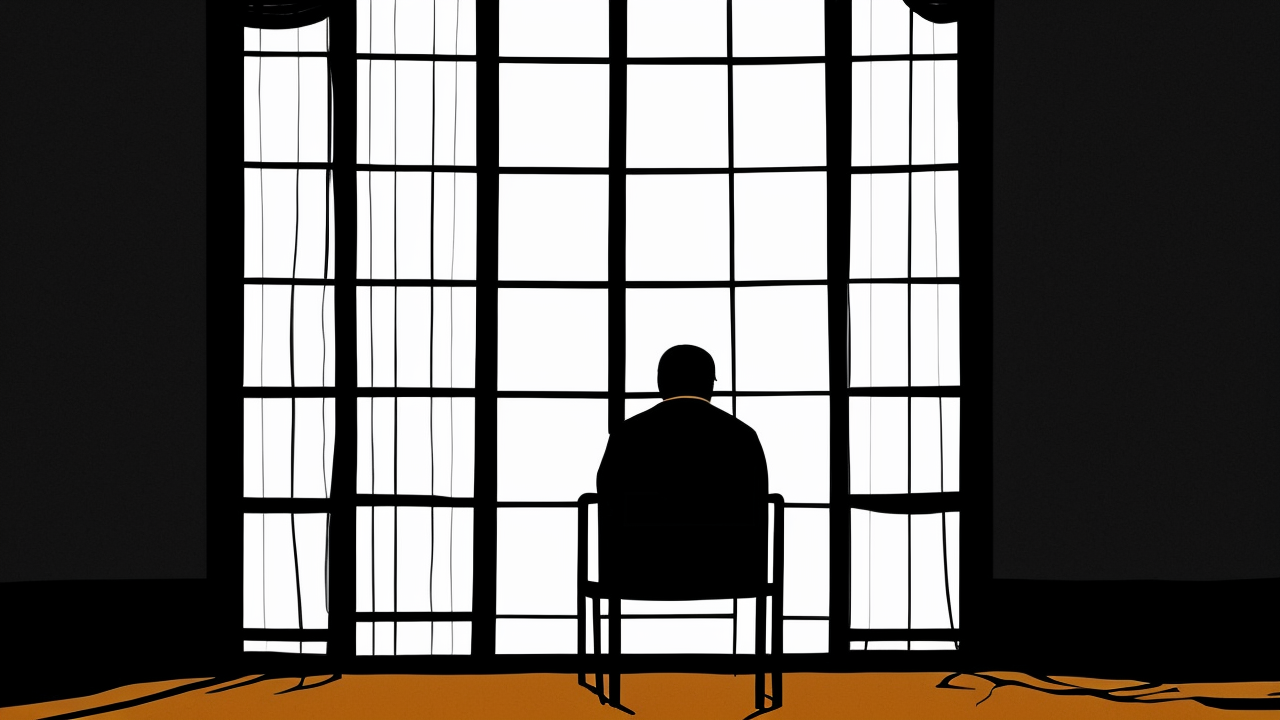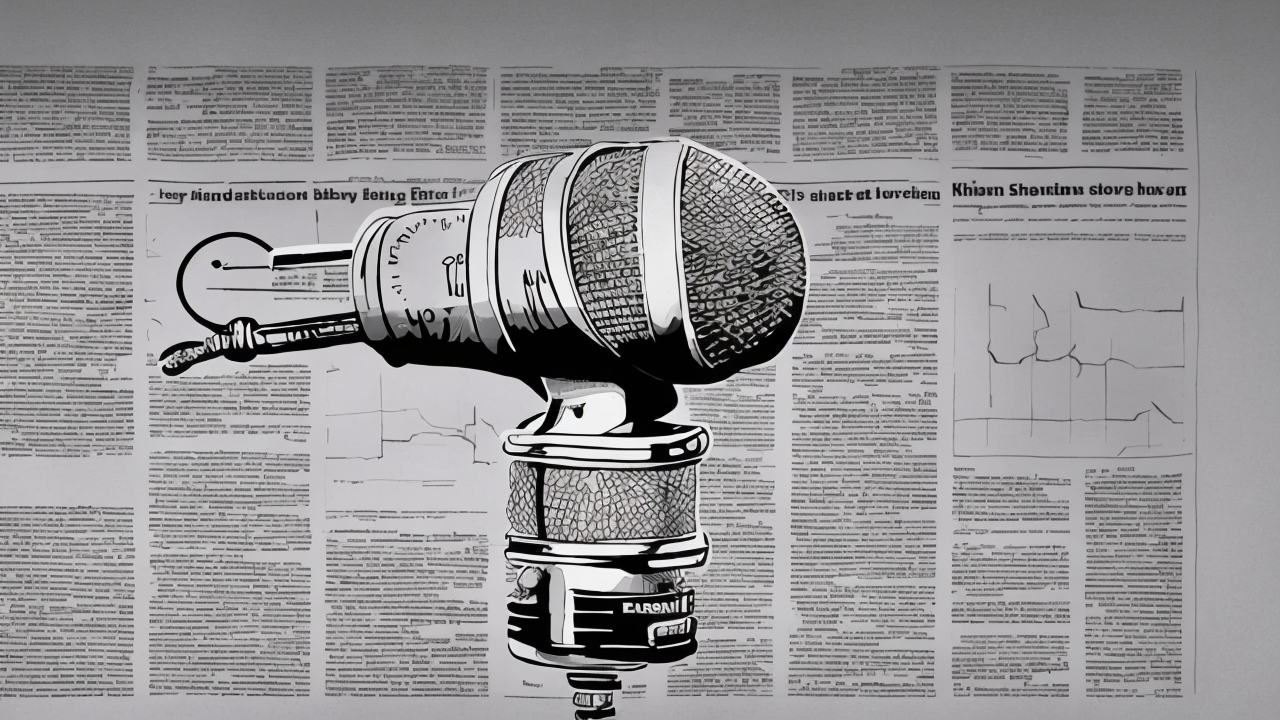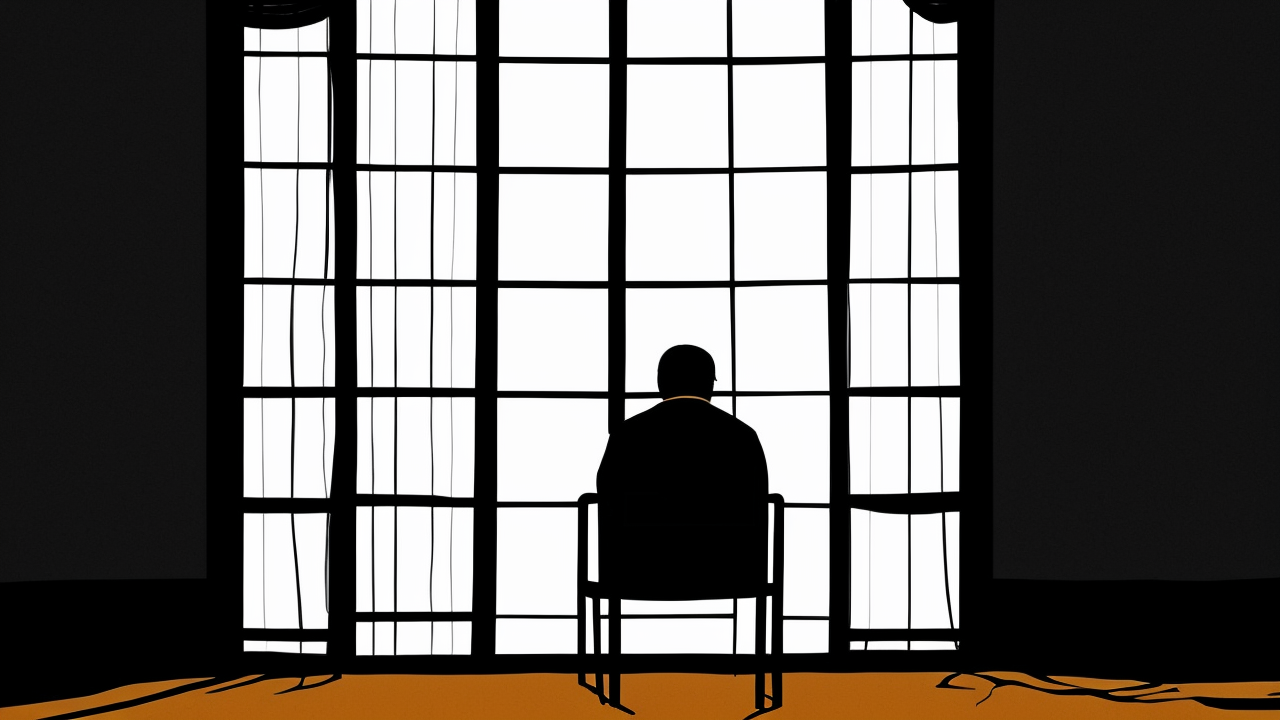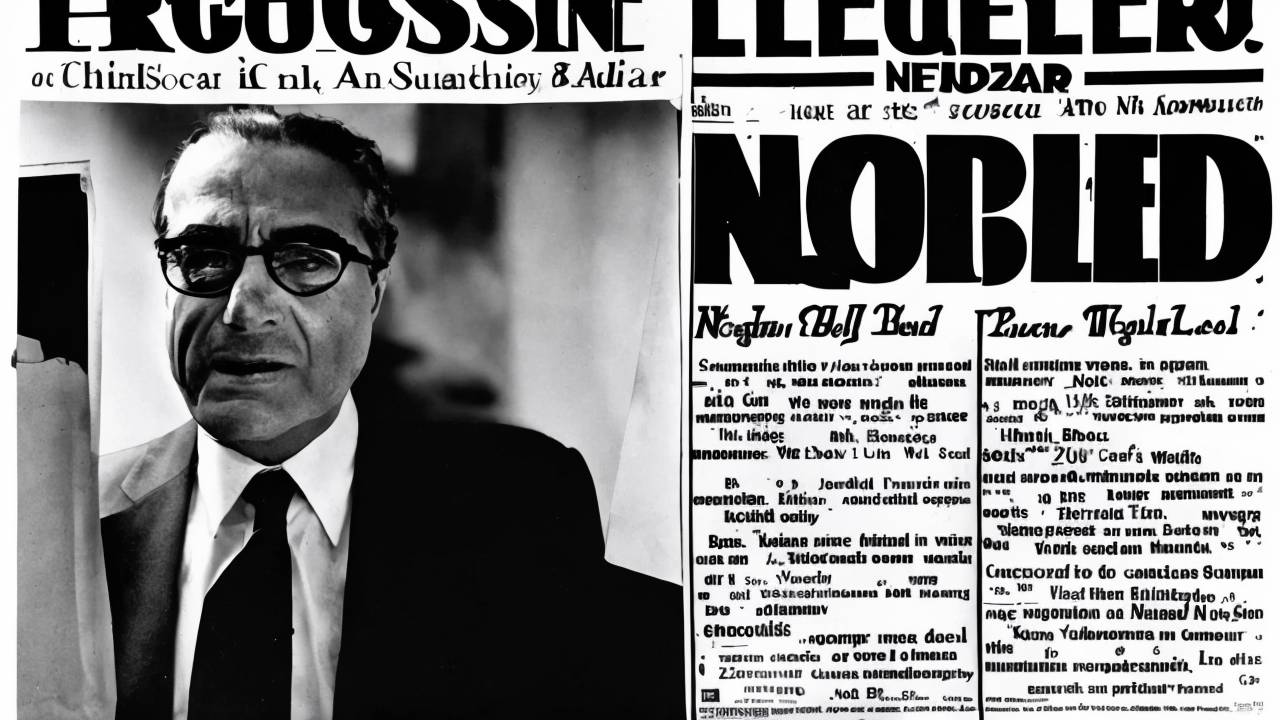Strengthening Veteran Mental Health: A Vital Mission

Veteran mental health is not just a policy issue—it is a moral imperative. The numbers are sobering. In 2022, the Department of Veterans Affairs recorded 6,407 suicides among veterans, averaging nearly 18 lives lost each day. These figures represent far more than statistics; they reflect the quiet toll of service, sacrifice, and the challenges that come with returning to civilian life. While service members die by suicide at nearly twice the rate of non-veterans, the root causes are not simply trauma or isolation—they are systemic, cultural, and deeply human.
For decades, military culture has emphasized resilience, self-reliance, and quiet endurance. These values are not outdated. They remain essential. But strength does not mean refusing help when it is needed. Too often, veterans hesitate to seek support not because they are weak, but because they have seen systems fail. They have faced long waits for appointments, confusing paperwork, and counseling that feels disconnected from real-life struggles. When a soldier returns from deployment, they should not be met with more bureaucracy, but with clarity, care, and a network that truly understands their experience.
The solution is not to replace clinical care with ideology, nor to elevate faith-based programs as a substitute for professional treatment. Instead, we must strengthen the entire support structure. Expand access to licensed mental health professionals—doctors, psychologists, and counselors with real training and experience. Ensure that every veteran knows how to access help quickly and confidently. Make mental health care a standard part of post-deployment wellness, not an afterthought. Routine check-ins, especially during the first year after separation, can make a critical difference. This is not about political messaging. It is about practical, proven care.
Commanders play a vital role in shaping culture. When leaders normalize counseling—when they speak openly about mental health and encourage service members to seek help—they set a tone of accountability and care. Confidentiality must be clear and protected, with no fear of career repercussions unless there is an immediate danger to self or others. Trust must be earned, not assumed.
Faith and community remain powerful anchors in healing. Studies show that individuals with strong religious or spiritual ties often report greater emotional resilience and life satisfaction. Faith-based programs, when integrated with professional care, can provide a sense of belonging, purpose, and moral clarity. But these programs should never be forced or politicized. They should be one part of a broader, inclusive system—available to all who find value in them, without pressure or preference.
The most enduring support comes not from government programs alone, but from the people who know veterans best: their families, their communities, and their fellow service members. Veterans thrive when they are trusted with responsibility. They find dignity not in being labeled as victims, but in being welcomed back as contributors. When a veteran is given a role—whether in a church, a local business, or a veterans’ organization—they are reminded that their service still matters.
True honor is not found in slogans or social media campaigns. It is in the quiet commitment to build systems that work, to honor the past with real action in the present, and to ensure that every veteran who returns home is met not with indifference, but with purpose. We must treat mental health not as a burden, but as a responsibility we all share. By strengthening our support networks, clarifying care pathways, and valuing the strength that comes with seeking help, we honor the legacy of those who served. That is the mission worth keeping.
Published: 11/11/2025








